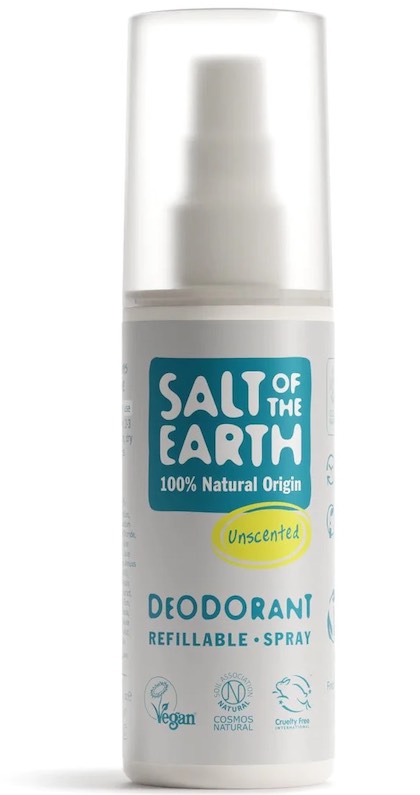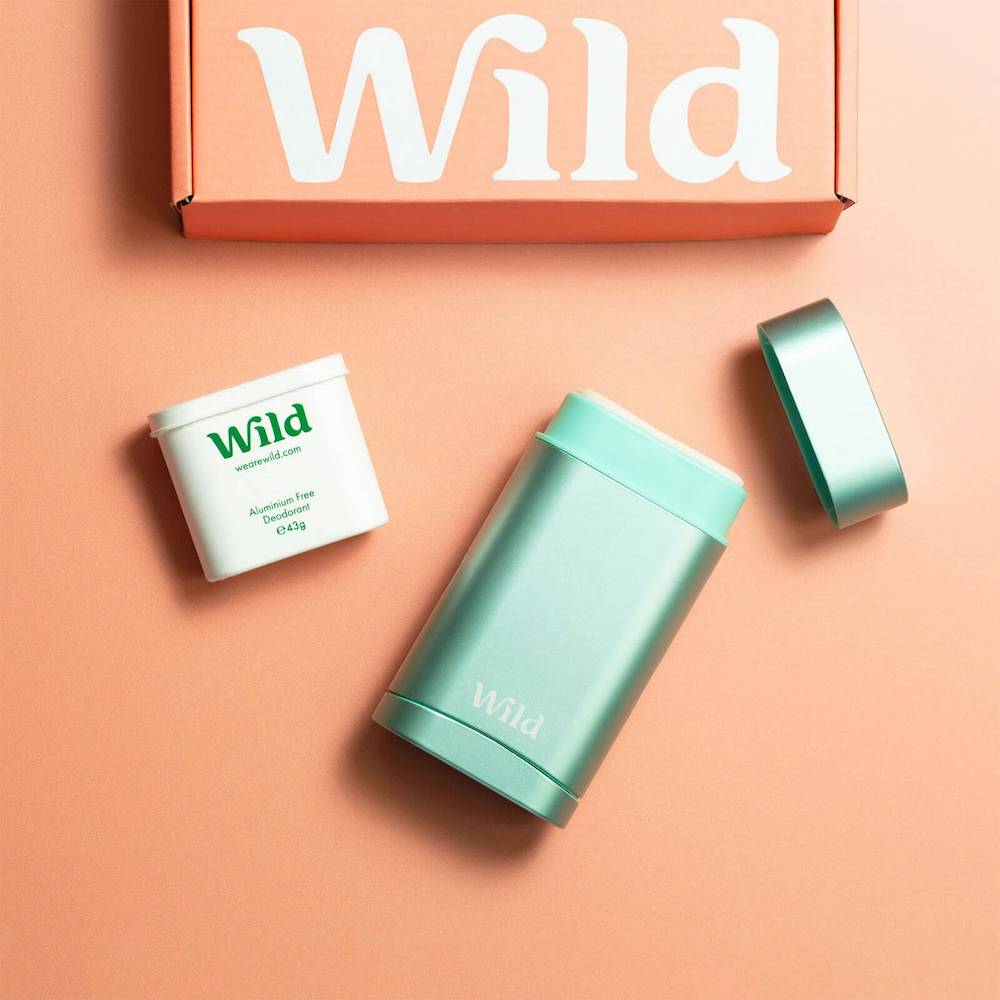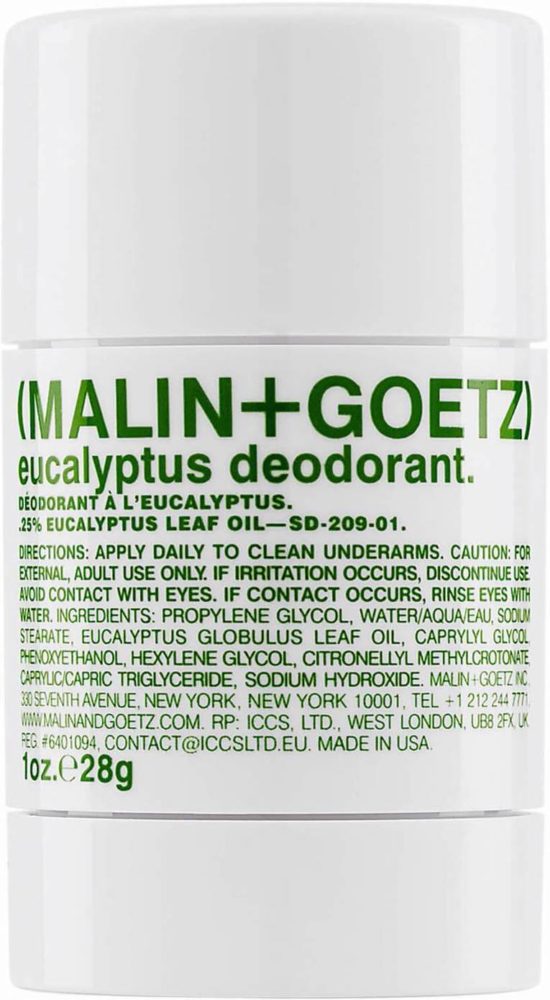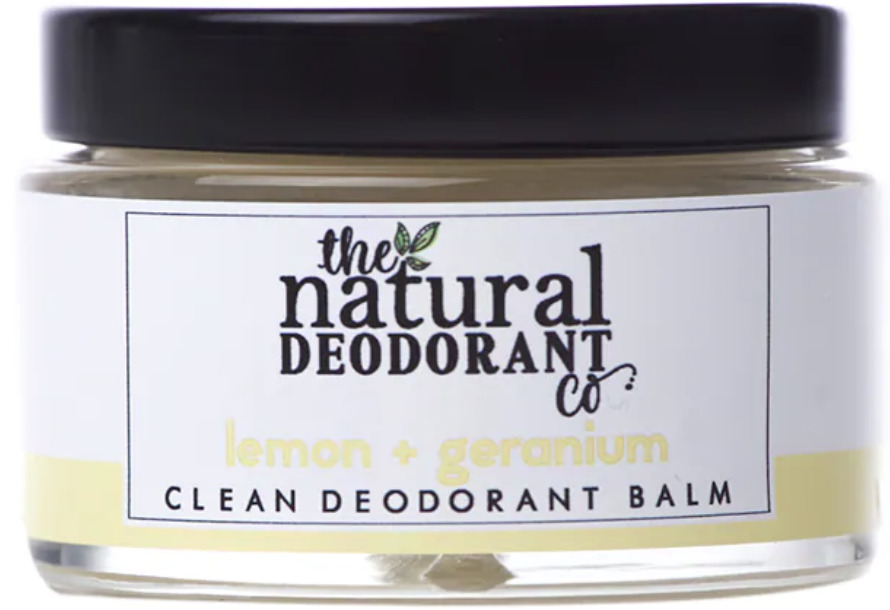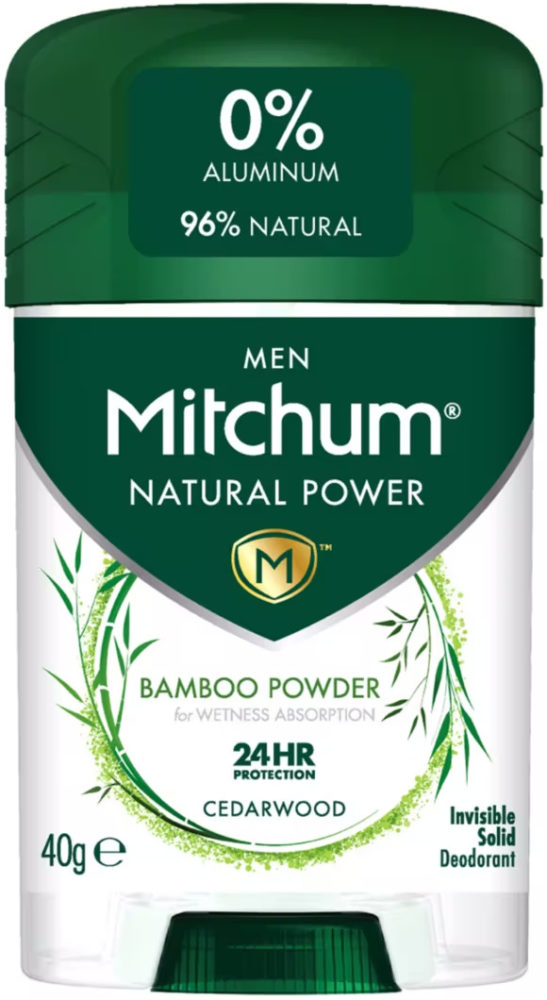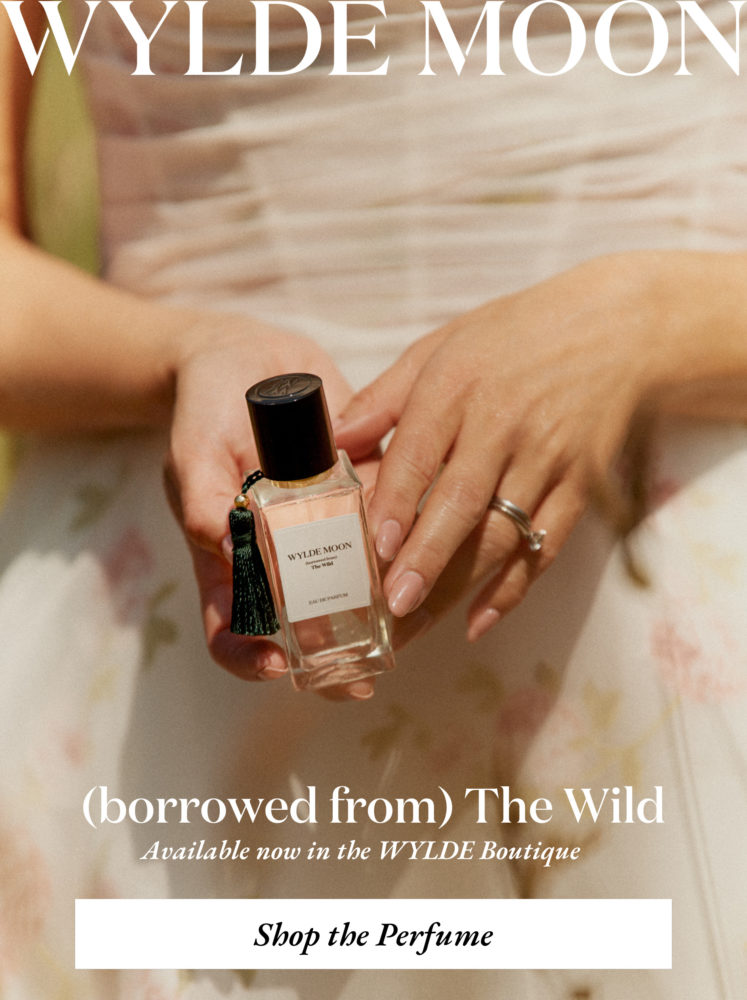3 Minute Read
Share this article…
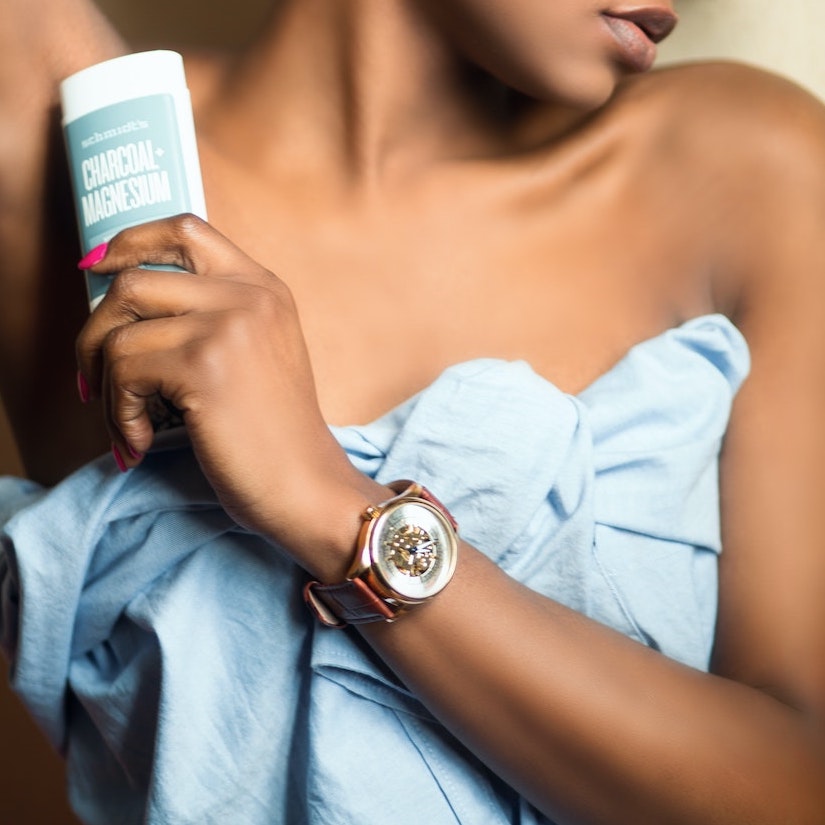
“Natural deodorants” have sparked debate of late, with increased awareness about the chemicals we use on their bodies. However, with myriad brand claims about which products are actually ‘best’, the whole thing is becoming very confusing. So, what are natural deodorants and how do they differ from anti-perspirants? Should we make the switch? Are they effective against sweat and odour? Here’s what we found out…
What’s the difference between anti-perspirant and natural deodorant?
Anti-perspirant is designed to reduce or prevent sweating and typically contain chemicals regarded as harmful, such as Aluminium, Phthalates, and Parabens that actively block pores. Natural deodorants contain natural ingredients that attempt to neutralize and mask body odour.
Should I make the switch to natural deodorant?
As far as we can tell, there is no definitive scientific research that proves that conventional anti-perspirants are more or less harmful than natural deodorants. And as with any new product you try on your skin, there may be ingredients that irritate your skin whether it’s chemical or natural ingredient based. Ultimately, it’s your body, your choice and one you should make based on how a deodorant makes you feel – and smell! After all, let’s not forget that deodorant has an important job to do, so efficiency is a major factor in the selection process. Here are the pros and cons as we’ve experienced them. Please bear in mind that it may take a week or two for your body to adapt to a new underarm routine, whichever route you chose.
Going natural; the pros
- Sweating is an important bodily function to regulate body temperature and eliminate toxins, so using a natural product that doesn’t contain pore-blocking ingredients allows that healthy function to continue.
- Natural ingredients can be kinder on sensitive skin.
- The absence of chemicals which can react with your clothing fabric eliminates the risk of staining.
- Natural deodorants do tend also to be at least one of the following; Cruelty free, Vegan, Organic.
- Most natural deodorants now come in refillable packaging which is a win for the planet.
- There are many subscription based natural deodorant options for your convenience.
Going natural; the cons
- Natural deodorants don’t typically reduce perspiration due to the fact they don’t block your pores which is worth noting if you are someone who perspires heavily. It is worth noting that people say when they first switch they find themselves being sweatier at first whilst their body adjusts to the change.
- You may need to try multiple natural options to find one that works for your body. They’re not a one size fits all situation.
- You may find yourself having to reapply natural deodorants more often, depending on your level of activity, your body chemistry etc.
- On the whole, natural deodorants seem to be pricier than regular anti-perspirants.
Where do I start with natural deodorants?
As we have discussed, there may be a bit of trial and error when it comes to finding a natural deodorant that works for you. Recommendations and reviews are always great so do your research see which product you think may suit your needs most – but there is no substitution for trying a product out for yourself. We’re all different!
5 of the best natural deodorants according to reviews
Salt of the Earth ,Unscented Natural Deodorant Spray 100ml, £3.95
This deodorant seems to be the talk of the town when you enter the discussion of natural deodorants. It’s cruelty-free, vegan, UK-Made, refillable and 100% natural. This brand manufacture a whole host of deodorant formulations, from roll on, to spray, sticks to crystals. There seems to be an option for everyone and if you’re after a scented one, they have plenty and for under £5 it’s a great purse-friendly option to try.
Wild Natural Deodorant, from £6
Wild has to be at the forefront of natural deodorants. They seem to have a cult following and its customers seemingly, anecdotally, couldn’t be happier. Wild have multiple options, so prices can vary. You can select and personalize your cases, mix and match your scents and they offer special sensitive skin options too. Once purchased, you only have to buy the refills so it’s better for the environment too! Their claim is that “Wild is powered by plants, not aluminium-salts or parabens and sulphates and all our formulas are certified vegan and cruelty-free. We never test on animals, only smelly people.”
Malin + Goetz, Eucalyptus Deodorant, £13
Although a little on the pricey size for the full size option, MALIN + GOETZ offer a travel size which is a fantastic way to trial a product. This deodorant seems to be a bit of a cult product being free of aluminium, alcohol, baking soda, parabens and synthetic fragrances/dyes. The transparent gel aims to quickly absorb into the skin meaning no horrible white marks on your clothes. It’s also cruelty free and vegan.
The Natural Deodorant Co, Clean Deodorant Balm, £12.50
This lesser known cream deodorant is definitely a hit, being aluminium-free, paraben free, plastic free, eco-friendly, sustainable, and vegan.. They have three different ranges for every day, sensitive skin and one for heavy duty occasions and a whole host of scents for you to try. The 100% natural formula of magnesium and sodium bicarbonate offer odour protection whilst being delicate underarm skin benefits thanks to nourishing Coconut Oil and Shea Butter.
Mitchum Men, Natural Power, £4.50
Ignore the claim to be for men, anyone with an armpit can use this. This men’s version has been said to top the charts for budget natural deodorant buys. Although only 96% natural, it is aluminium-free, alcohol-free, has no artificial preservatives and is vegan. Its plastic packaging is what is slightly holds it back in the eyes of being eco conscious, but if you’re looking for a purse-friendly natural deodorant this is a great place to start.
We’d love to hear your thoughts on natural deodorants and if there are any you use and LOVE please be sure to let us know and as always if you have any concerns or medical questions we would always advise talking to your GP or local medical advisor.
As with everything in life, do what feels right to you and your body.
Share this article…


